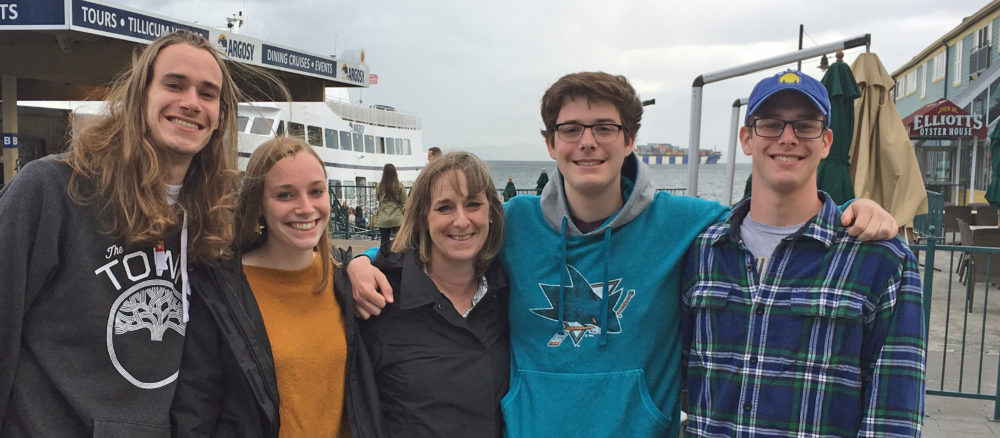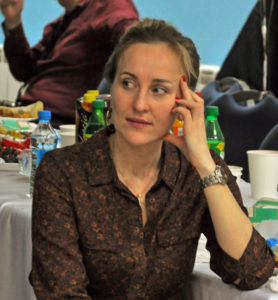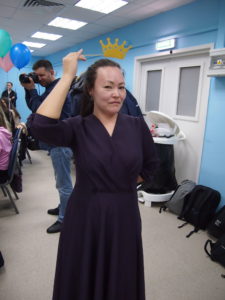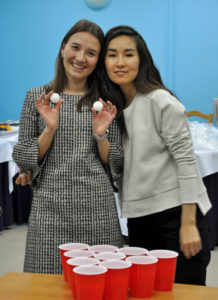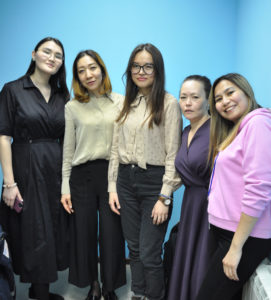I wanted to let you know how rewarding it has been to observe and help you during my years in Kazakhstan. There has been awakening in society, throughout the World, about how important it is to respect and support all women. There is a long way to go in many places but I am grateful we worked together and I saw up close how capable, resilient and amazing you are!
I have shared with many of you that I was raised by a strong mother, have 2 great sisters, an exceptional spouse, an awesome daughter and fantastic nieces (3) and great-neices (3) – my family is blessed by them all. In my career I have had the good fortune to have an inspiring back-to-back (Sharon), top performing bosses (Barbara Smith and Cheryl Brandt) and an incredible General Director (Eimear Bonner).
These women, by their actions, encouraged me to help as much as possible to make TCO Designs Engineering sensitive, supportive, and challenging to you DE Women. The TCO Women’s Network and our DE informal discussions reinforce the World is better when Women are empowered and supported. The following recent article from the Washington Post demonstrates your leadership potential.
One favorite memory is when Eimear visited the 2018 KTL TA Trailers. She pulled me aside and said it was good to see all the Women in Designs Engineering. I replied that we have great Engineers and Designers in DE; it is not chance that many are women – we select the best available.
Thank you all! Marc
